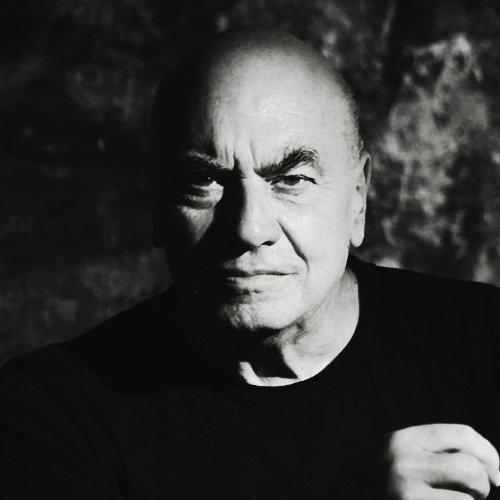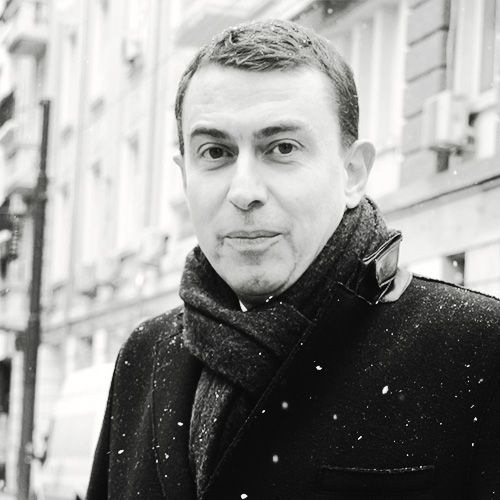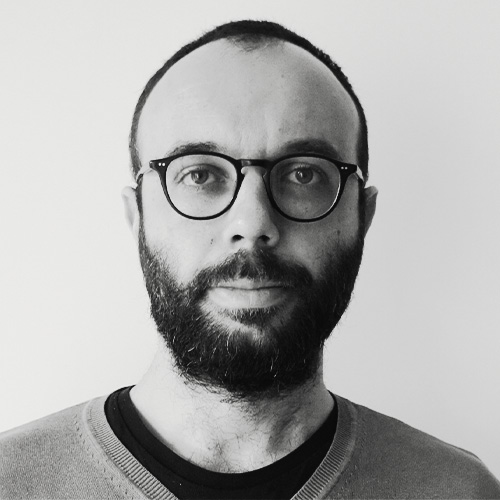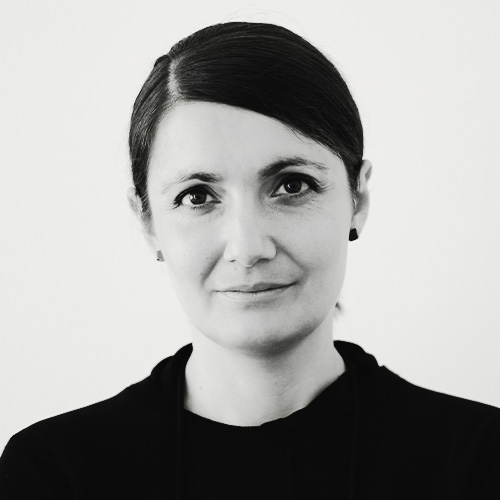The shared open spaces in our cities are meant to attract and gather people together, but the pandemic left them empty and abandoned and even turned them into a threat.
Will our streets, squares, and places for leisure change forever? Is it possible that we continue to use them in the same way? Ages ago, humanitarians believed that public health should be considered above all else when building a city. How can we revive this principle?
By stepping further into the wild habitats, the human cities put themselves at risk of pandemics such as the one in 2020. What does this say about the development model they should follow from now on: is the compact city the future, or is it the polycentric one better? Or maybe we should take on the 15-minutes city that was discussed in Paris?
Four architects gather on the subject in a conversation, which uncovers that the cities are not such a modern problem as we have used to think. And that an essential material in good architecture is ethics.
Participant

Massimiliano Fuksas
One of the most influential Italian architects who has been building bold and beautiful giants of architecture for 40 years. His studio has offices on three continents and has delivered more than 600 projects all over the world, one forthcoming in Sofia – the renovation of St. Nedelya Square, which will connect pedestrian and green spaces in the centre of the city. Fuksas is excited about sustainability in construction and suburban development, and strongly believes that the architect has only one client to serve – the people.
Participant

Zdravko Zdravkov
Chief architect of Sofia Municipality since 2016. He introduced a new type of management for urban planning and restructured the Architecture and Urban Spatial Development Service to improve its efficiency. His concern with public spaces is one reason to take on the project “Sofia – A City for People” in partnership with Danish architect Jan Gehl. Zdravkov also initiated the development of long-term city strategy Vision Sofia 2050, and the conduct of international competition for the renovation of St. Nedelya Square, won by the Studio Fuksas.
Participant

Pavel Yanchev
Architect and urbanist, working and living in Brussels, who is still very much engaged with the urban development of Sofia through various projects. He has two Master’s degrees – in Architecture from UACG in Bulgaria, and in Human Settlements from KU Lеuven in Belgium. Pavel is interested in the urban environment of developing countries, writes on urban topics for many publications, including architectural magazine Abitare, and took part in the project “Sofia – A City for People”.
Moderator

Aneta Vasileva
Architect, architecture historian, critic, and lecturer at UACEG in Sofia. She has a Doctor’s degree in History and theory of architecture with focus on the second half of the 20th century, and is contributor at the transnational European project for totalitarian regimes architecture ATRIUM. Aneta is one of the founders of WhAT Association, and since 2010 she’s been active in architecture criticism and publicity, conduct and jurying of architecture competitions. She’s also a member of A10 New European Architecture Cooperative.